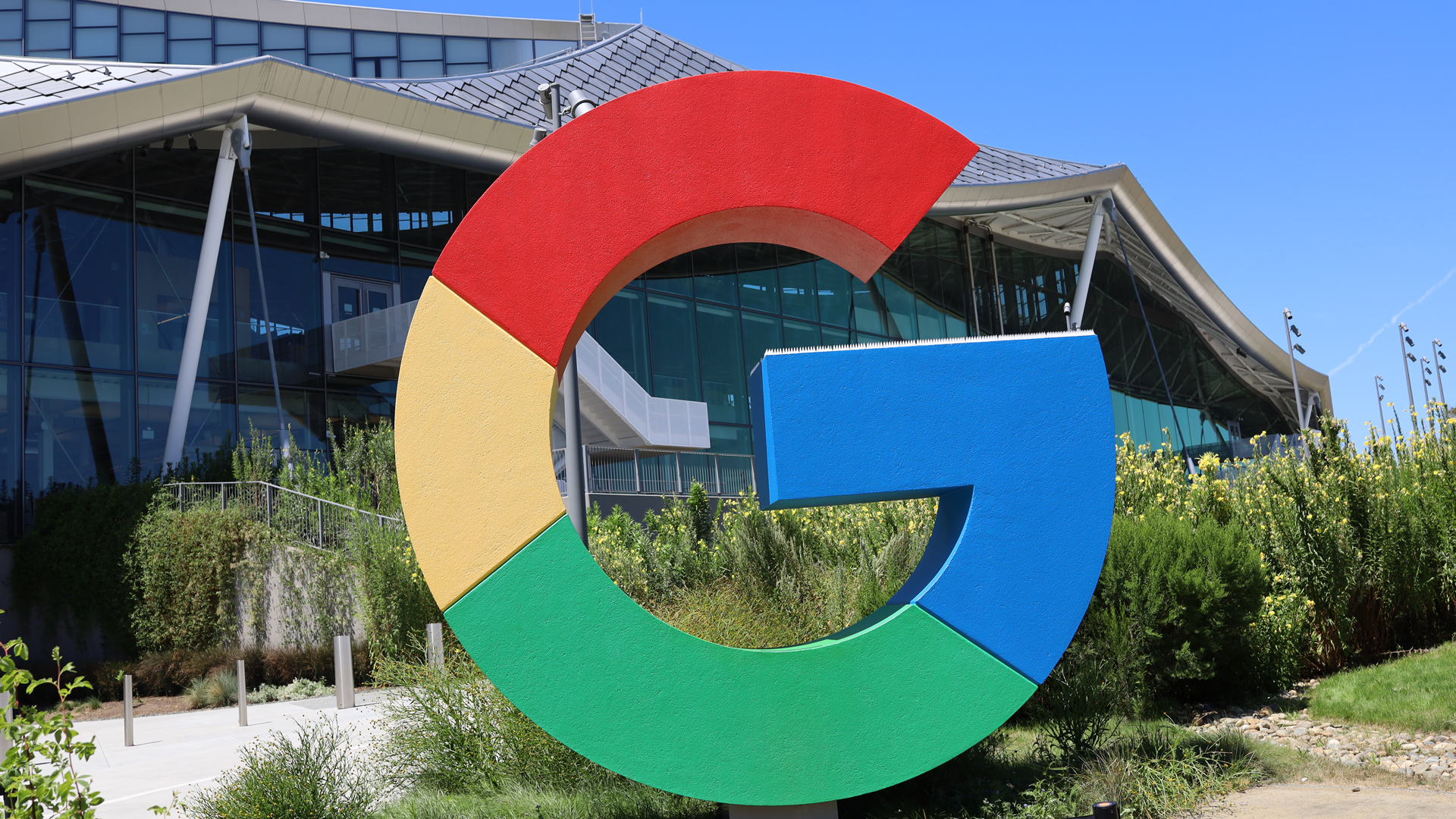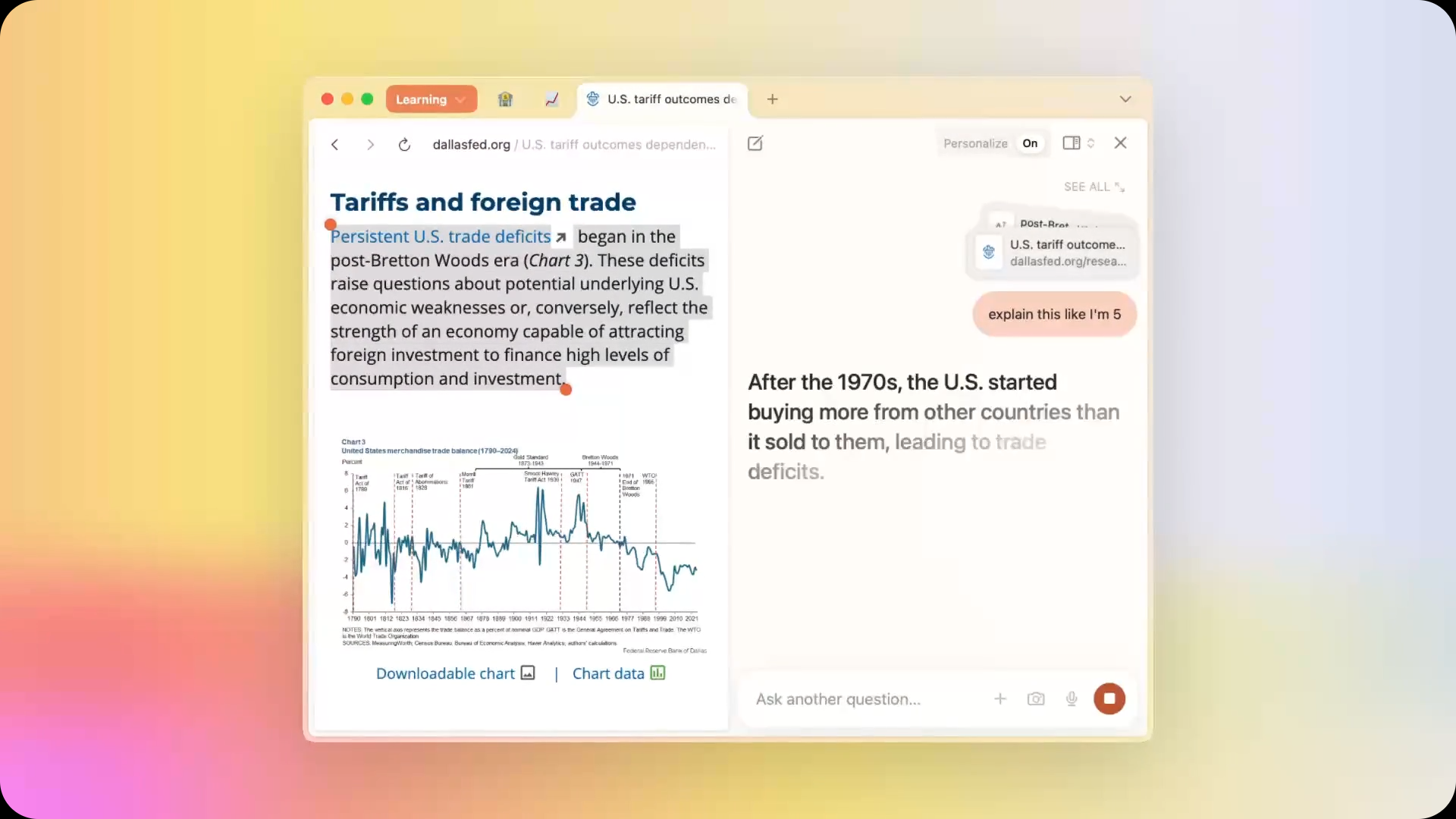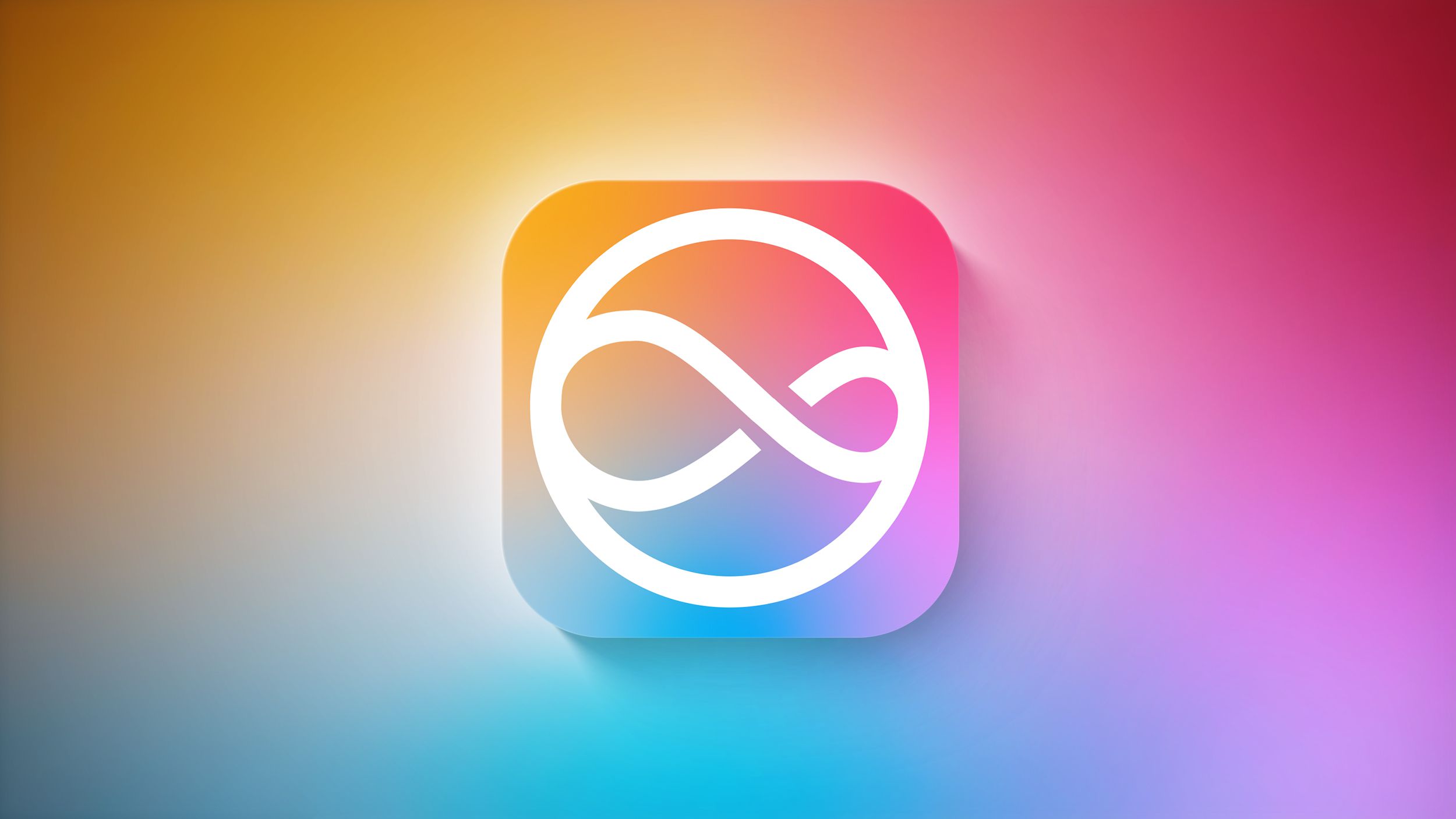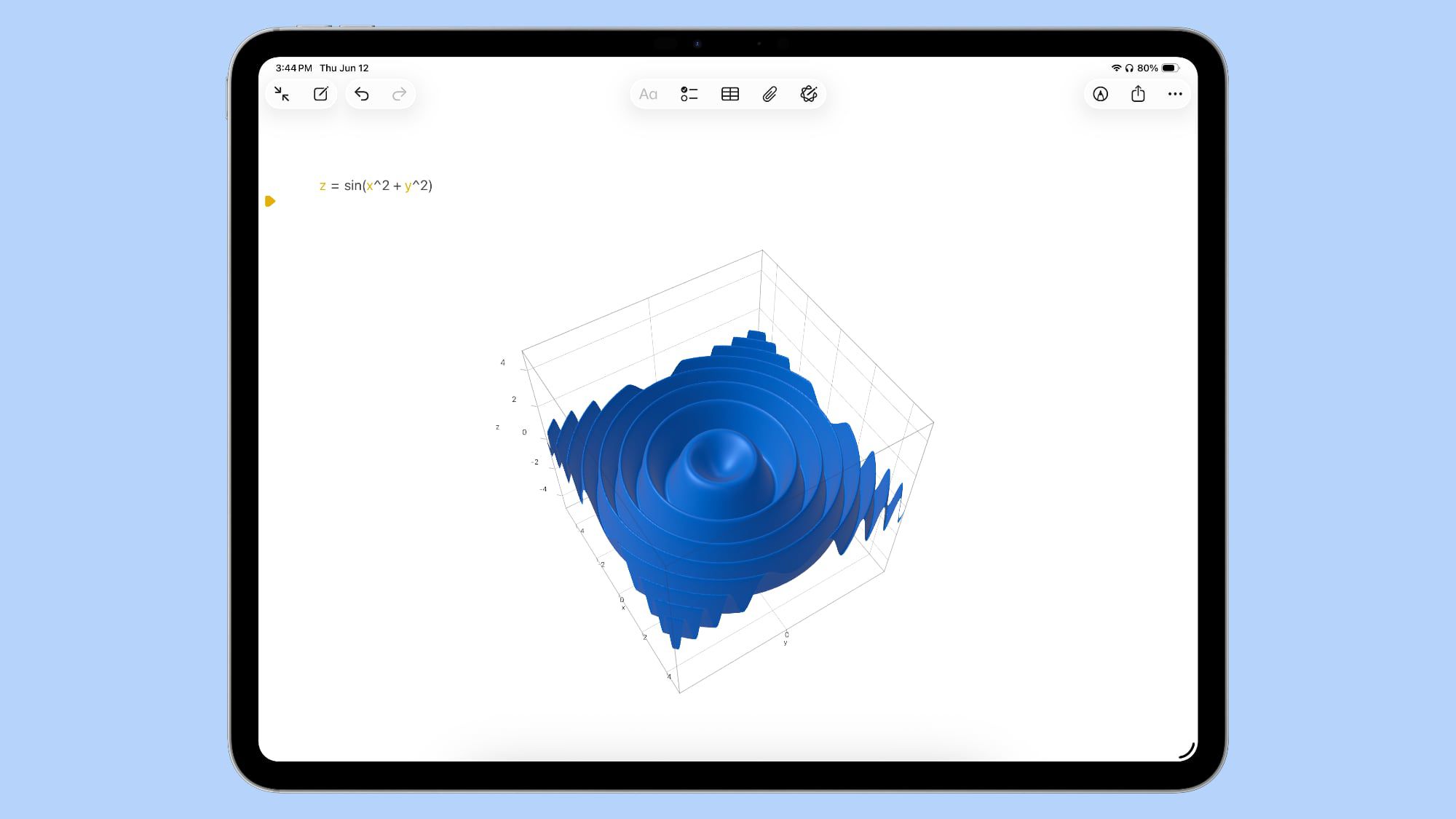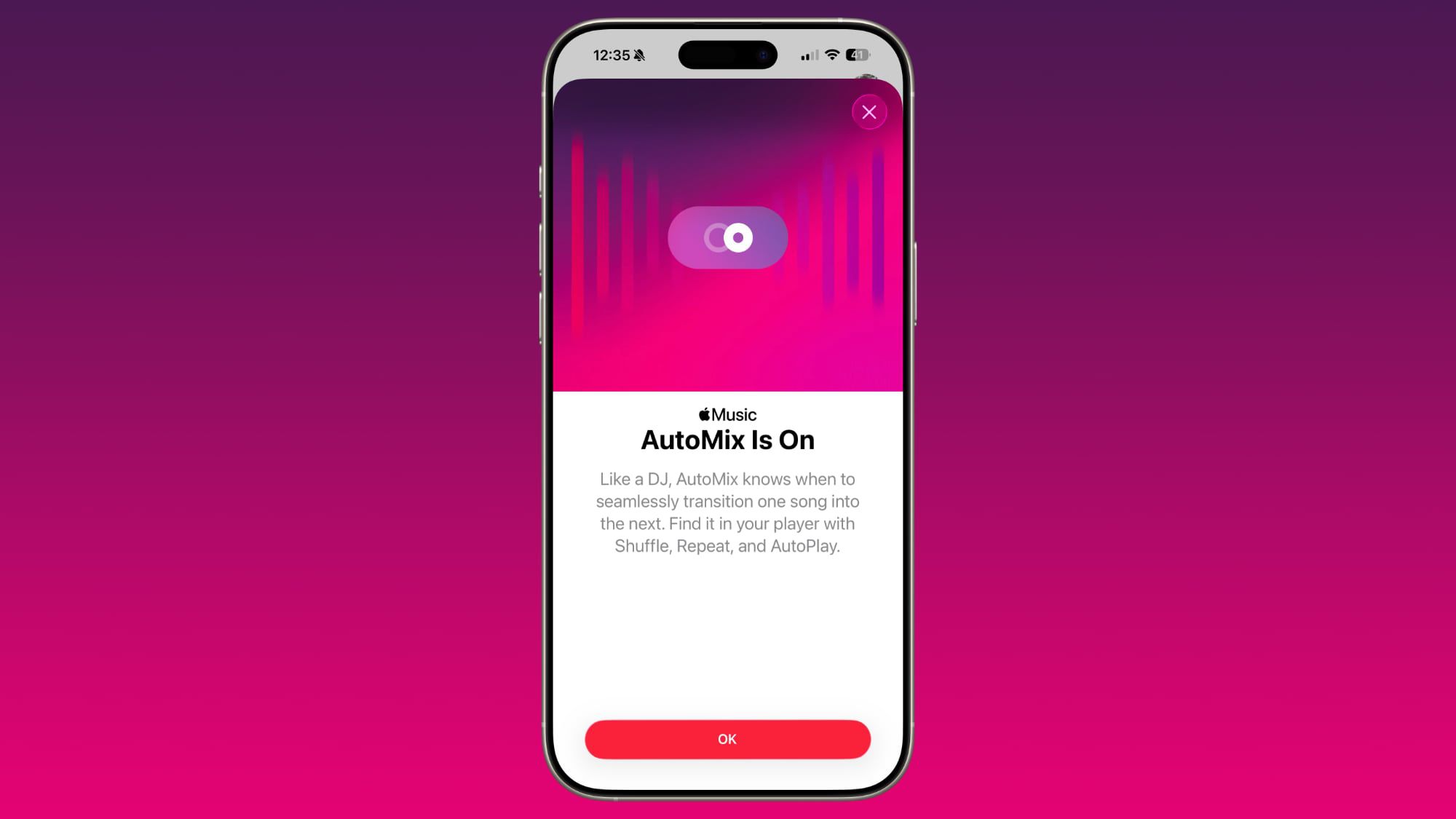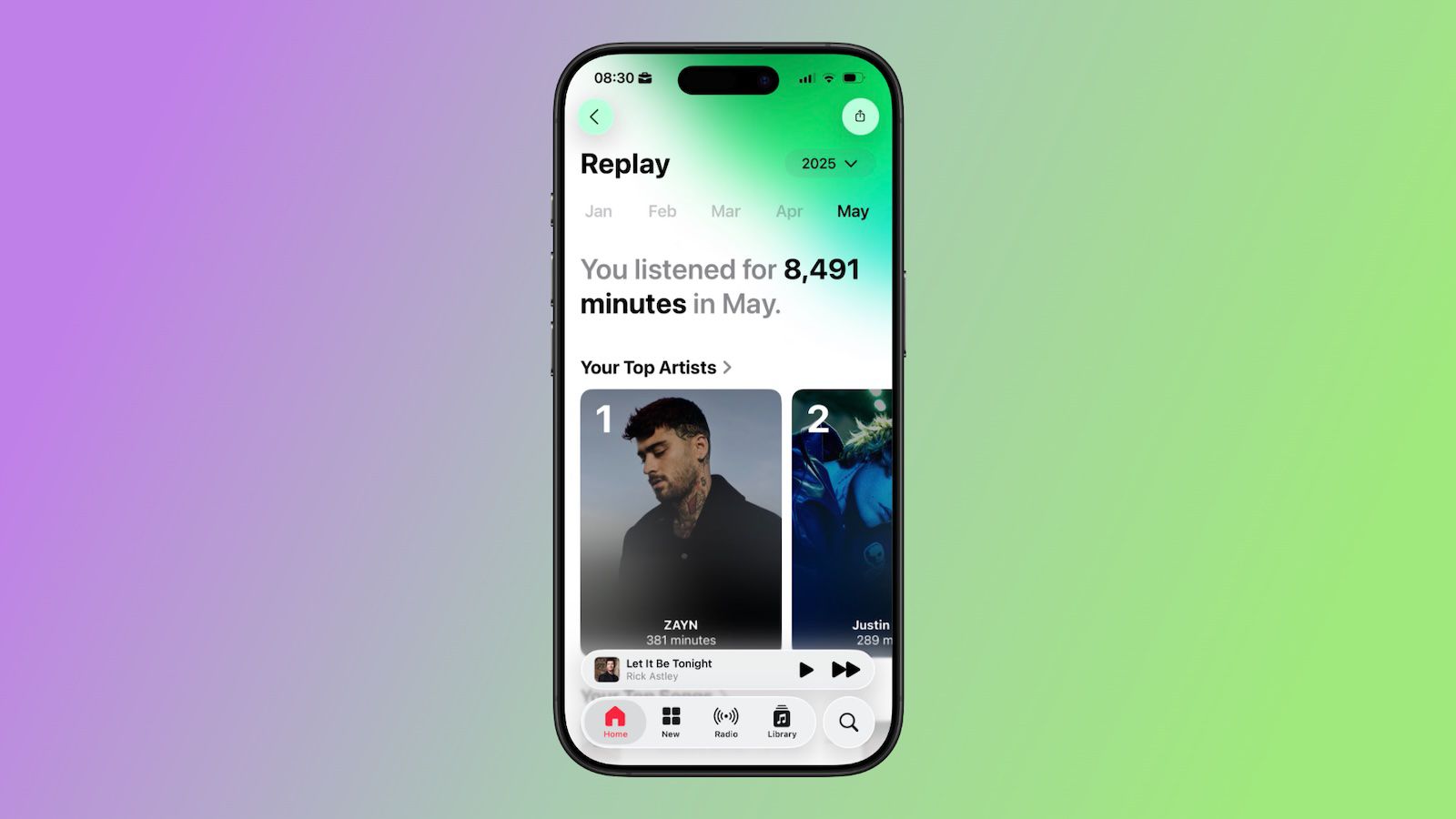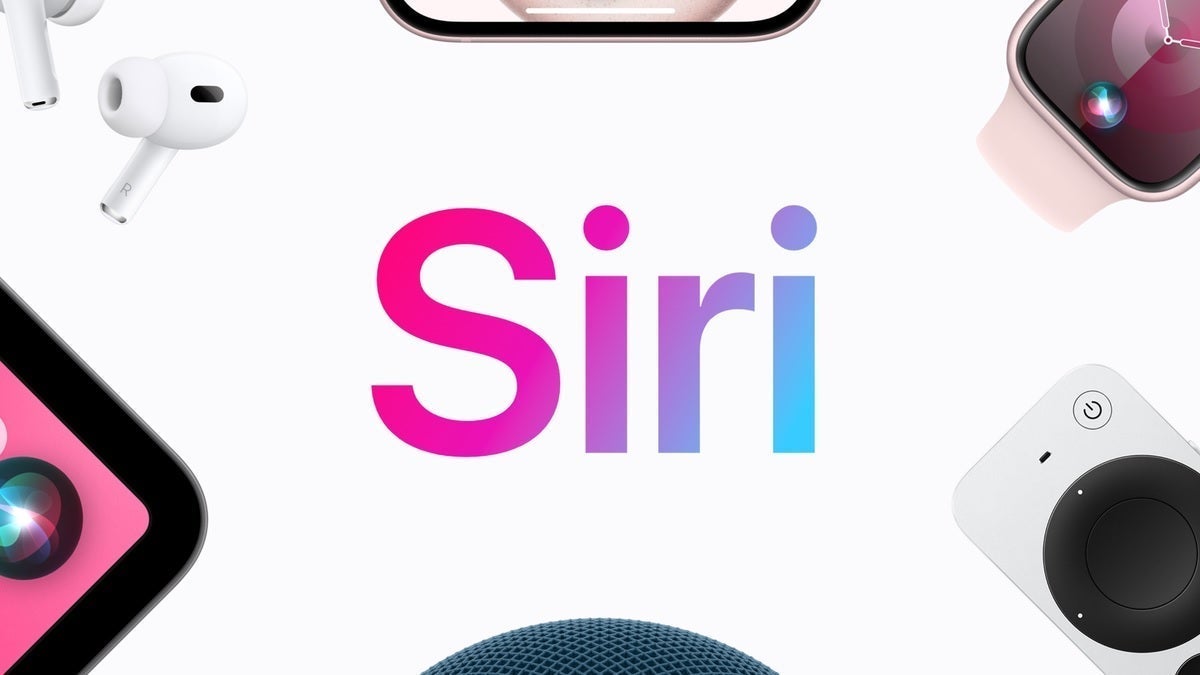I am a coder by trade and this is why AI is going to change programming forever
AI is transforms coding, with soft skills becoming the key to staying relevant and impactful.

In the age of AI, it would be easy to panic about the future role of software engineers. The rise of agentic AI tools, able to carry out the functional day-to-day tasks at speed, has become well documented. These tools will only increase in value, creating questions about the role of human input.
Amidst a fall in vacancies for engineering jobs, and the growing application of such tools in the workplace, are we seeing the end of human coders? Well, no. What is undeniable, however, is that a fundamental change in responsibilities is coming.
The Rise of Soft Skills
For decades now, hard-skills have been key. Focus, in both education and in the workplace, has been placed on technical expertise, and how detailed an understanding you have of complex programming languages. AI can complete complex coding tasks in seconds, reducing the emphasis placed exclusively on a single engineer’s technical ability. The question has now become, where do human coders add the most value.
Human-led ‘soft-skills’, which place an emphasis on communication, creativity and empathy are becoming the hallmark of a well-rounded professional. As AI transforms the world of work, the ways in which we partner with the technology will also need to change. Experts continue to opine about the value of a humanities and philosophical background for coders in the AI age.
Rather than having the ability to write code better than anyone else, to set AI systems up for success developers will need to meet a greater emphasis on critical thinking, and an evaluation of the end user. There must be an understanding of the why behind their initiatives, to ensure that output provides the most desirable outcome.
How AI is Changing the Coding Landscape
Speed and efficiency gains ensure that AI-assisted coding is here to stay. AI agents can now make accurate suggestions, correct mistakes and write coder faster than manual input alone. This means AI adoption is only set to grow, so embracing this technology will ensure that professionals aren’t left behind. AI must be treated for what it is – a collaborator that, when applied intelligently, can exponentially increase overall productivity.
This necessitates a mentality shift from today’s professionals. The days of lengthy and repetitive manual coding tasks are over. The next generation of software developers will be more attuned to the role of a manager, both of products and of AI systems. The value that coders will create is in identifying and tackling potential issues before AI is even asked to carry out a task and then ensuring that briefs for AI systems are as detailed and clear as possible.
For all of its productivity savings, AI is only as good as the information and prompts it receives. As such, if a developer identifies an issue, or a way to make a product more efficient, any incorrect or ill-considered AI prompt could result in a response that perpetuates the problem at hand. Two different prompts can ultimately result in two completely different outcomes.
What skills do future software engineers need?
There are a series of distinct skillsets that future software engineers will need if they are to embrace the changes driven by AI. Firstly, reasoning and context will be important in driving desired outcomes. In essence, AI systems need to be treated like an intern, and must be given the full context around the ‘why’ behind carrying out a task, in order to deliver it in the best version it can. Where AI can produce 80% of the work, a final 20% of human ideation and experience is needed to fine tune outputs and ensure that the delivery helps to provide a tangible solution.
Embracing curiosity and exploration can help in ensuring that nothing has been missed when building AI-driven coding solutions. Where a journalist might question what else they have missed in a story, AI systems need probing, and further probing, with action-oriented questions ensuring that the end results are as comprehensive as possible. Asking questions from different perspectives and having the tools re-work their suggestion and code based on these questions, will ensure that solutions help serve a much more diverse set of customers.
Finally
Finally, creativity is another important facet of empowering AI systems. The transition of software engineers into a form of prompt engineers necessitates a dedication to creativity, particularly in how they are requesting and presenting information to AI tools. The creativity a developer exercises in delivering those prompts can encourage an AI tool to present coding options that the organization may not have anticipated. Engineers must evaluate opportunities to present information in several different and changing formats to ensure all eventualities have been considered.
In the future, the top performing developers will be those who actively embrace the changes that AI is introducing to the industry. As tools grow in efficiency, humans will never be able to compete with the processing potential, but have a distinct advantage in the application of soft skills that encourage customer empathy and the detection of issues before AI-assisted coding takes place.
The advancement of such soft-skills will be a hallmark of the industry in years to come, and reinforce the value of human coders to empower AI systems to generate even greater levels of productivity and success.
We compiled a list of the best mobile app development software.
This article was produced as part of TechRadarPro's Expert Insights channel where we feature the best and brightest minds in the technology industry today. The views expressed here are those of the author and are not necessarily those of TechRadarPro or Future plc. If you are interested in contributing find out more here: https://www.techradar.com/news/submit-your-story-to-techradar-pro












































































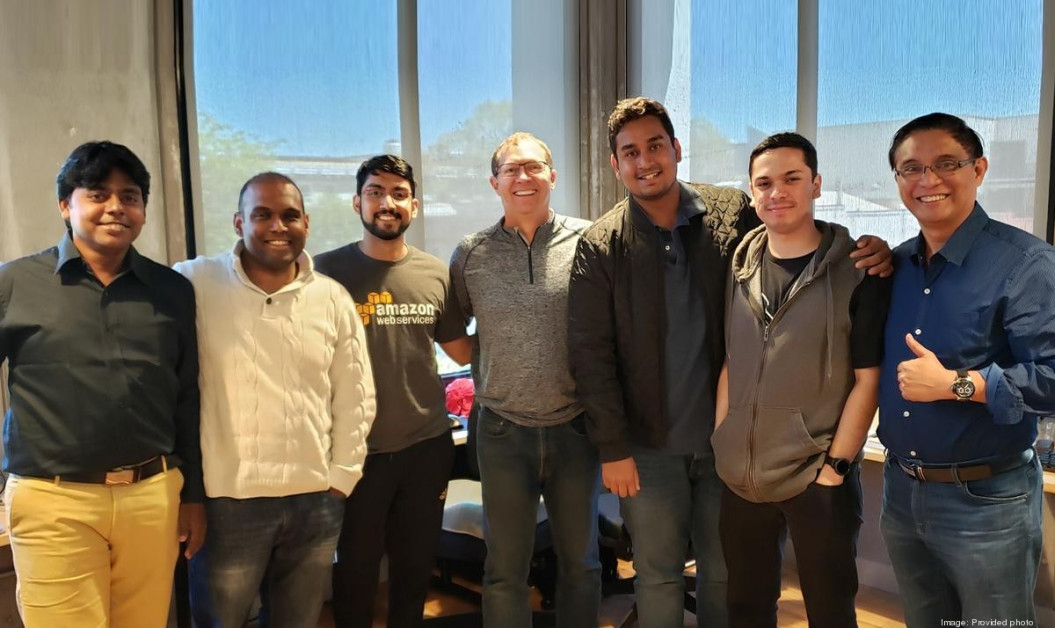









































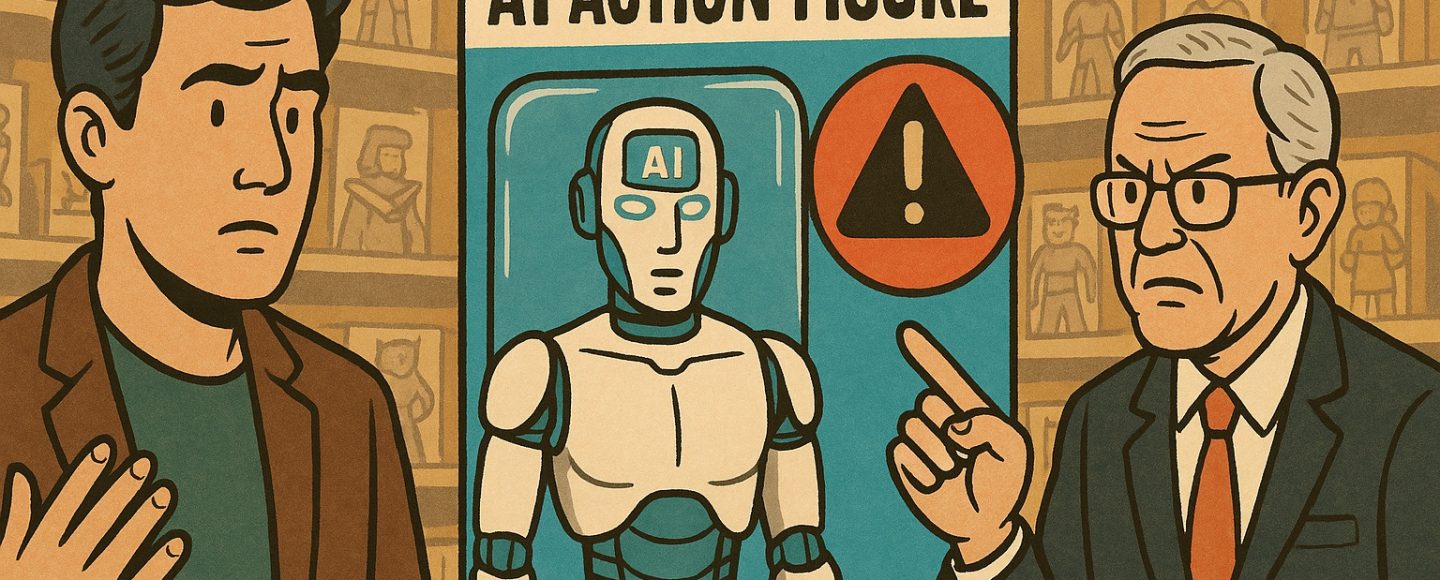
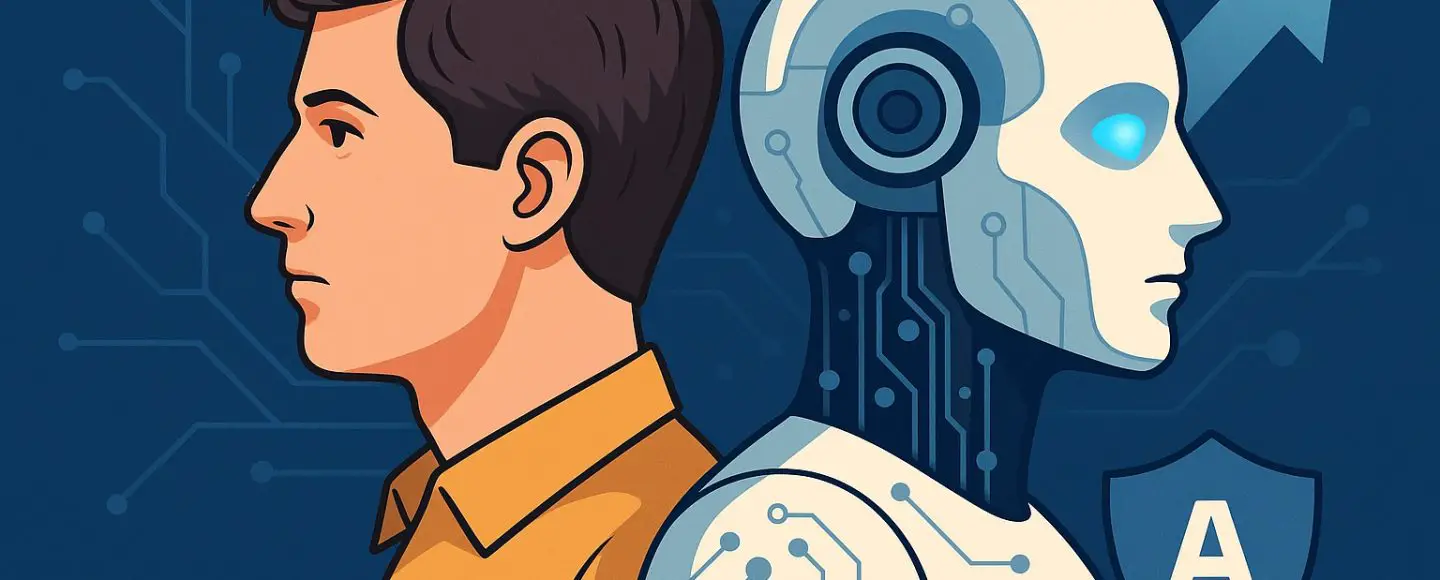

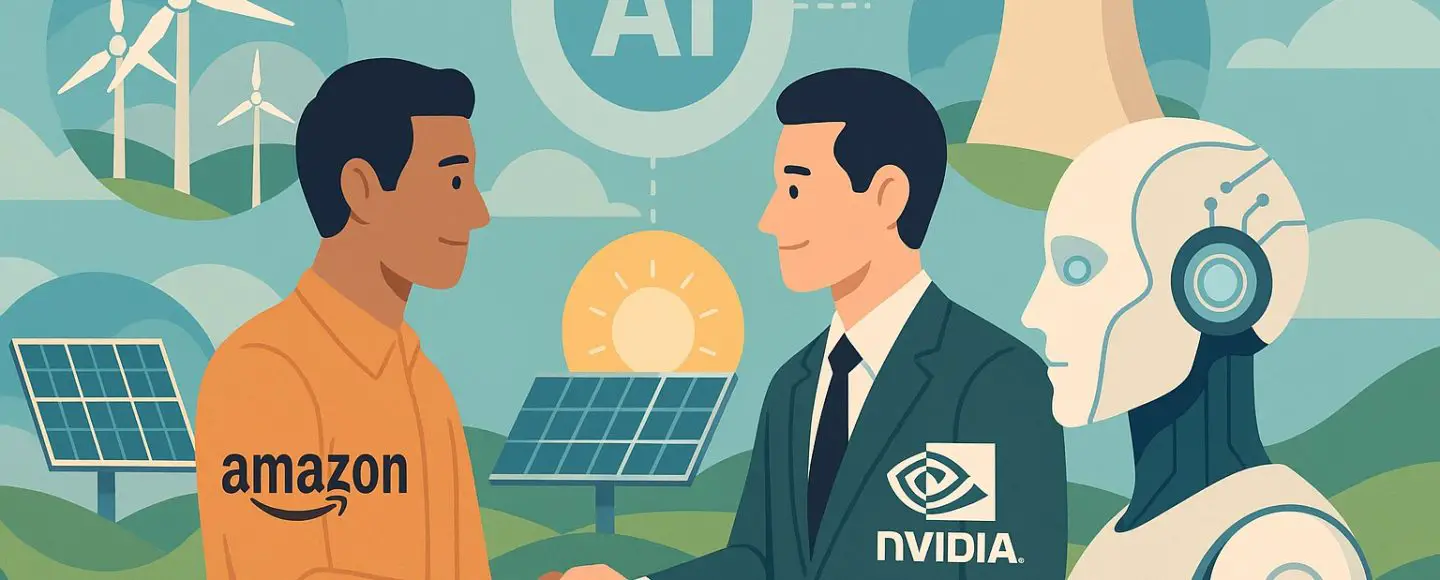























![Top Features of Vision-Based Workplace Safety Tools [2025]](https://static.wixstatic.com/media/379e66_7e75a4bcefe14e4fbc100abdff83bed3~mv2.jpg/v1/fit/w_1000,h_884,al_c,q_80/file.png?#)































![[The AI Show Episode 152]: ChatGPT Connectors, AI-Human Relationships, New AI Job Data, OpenAI Court-Ordered to Keep ChatGPT Logs & WPP’s Large Marketing Model](https://www.marketingaiinstitute.com/hubfs/ep%20152%20cover.png)





















































































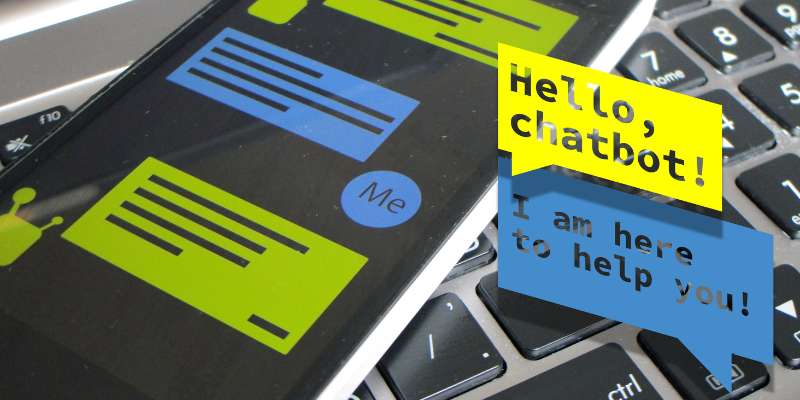
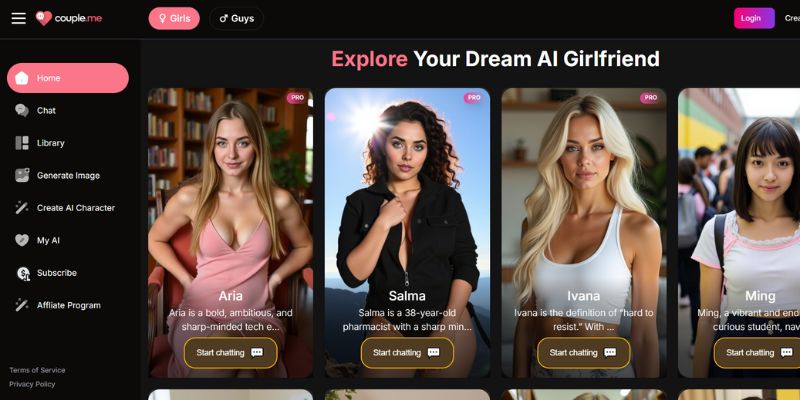

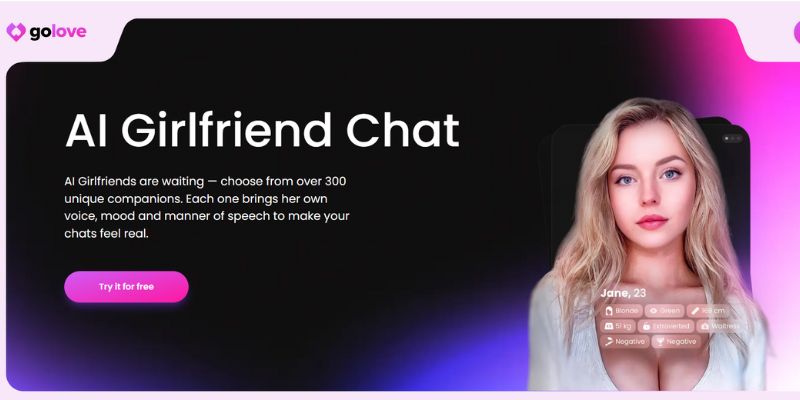




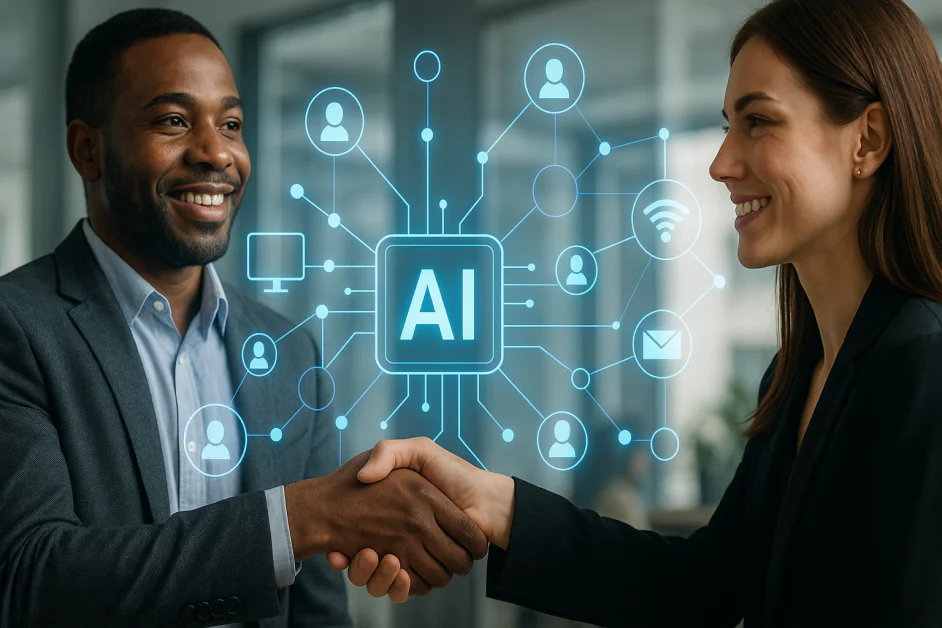







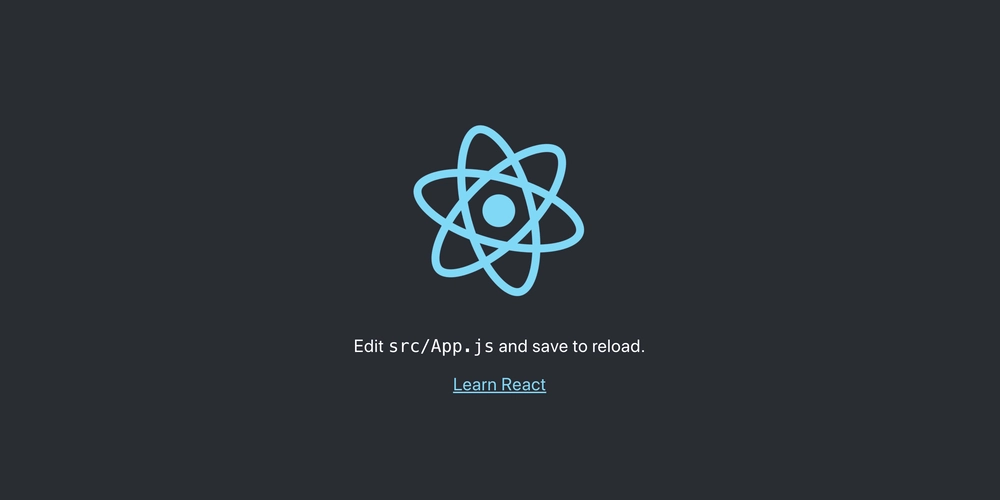

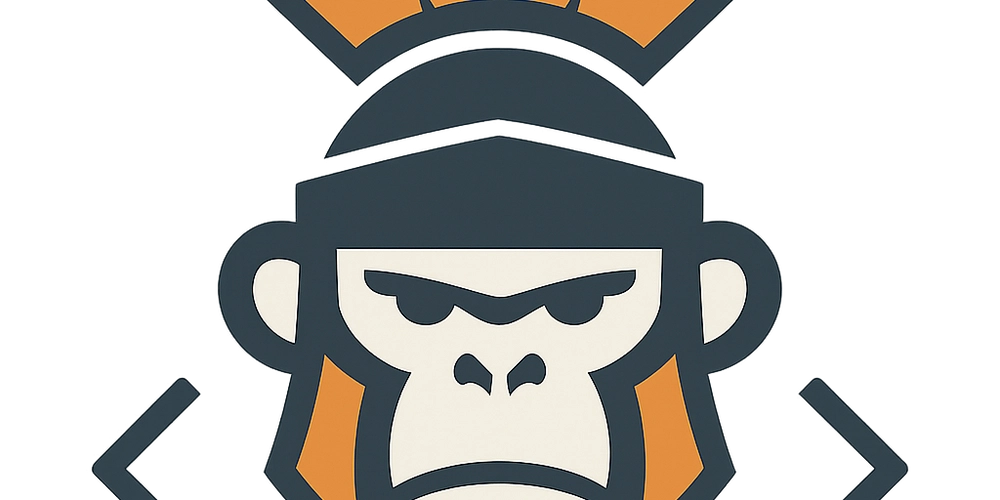














![[DEALS] Microsoft Visual Studio Professional 2022 + The Premium Learn to Code Certification Bundle (97% off) & Other Deals Up To 98% Off](https://www.javacodegeeks.com/wp-content/uploads/2012/12/jcg-logo.jpg)













































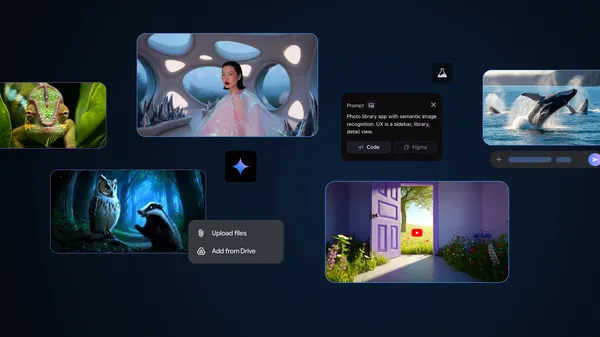
















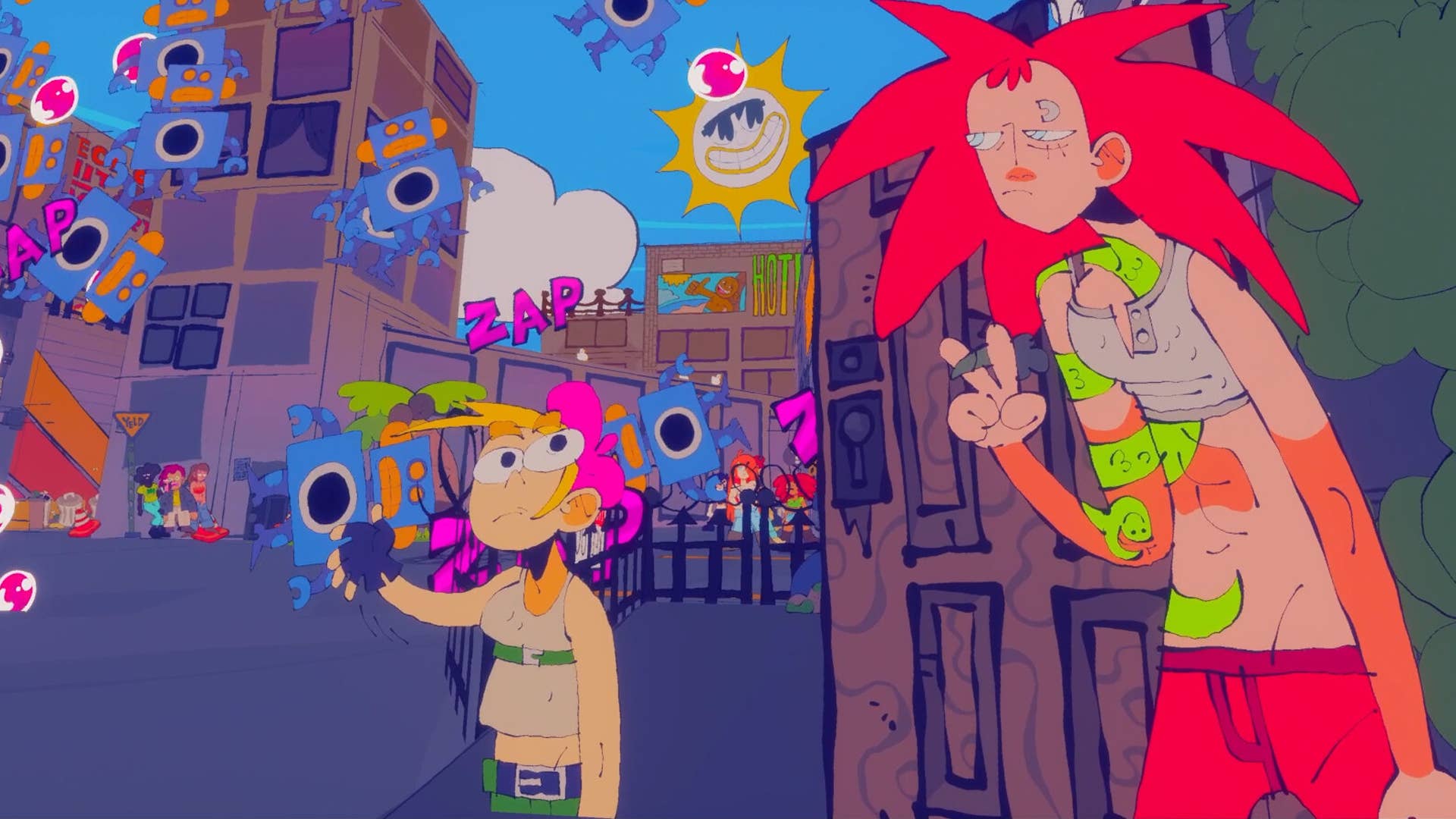

























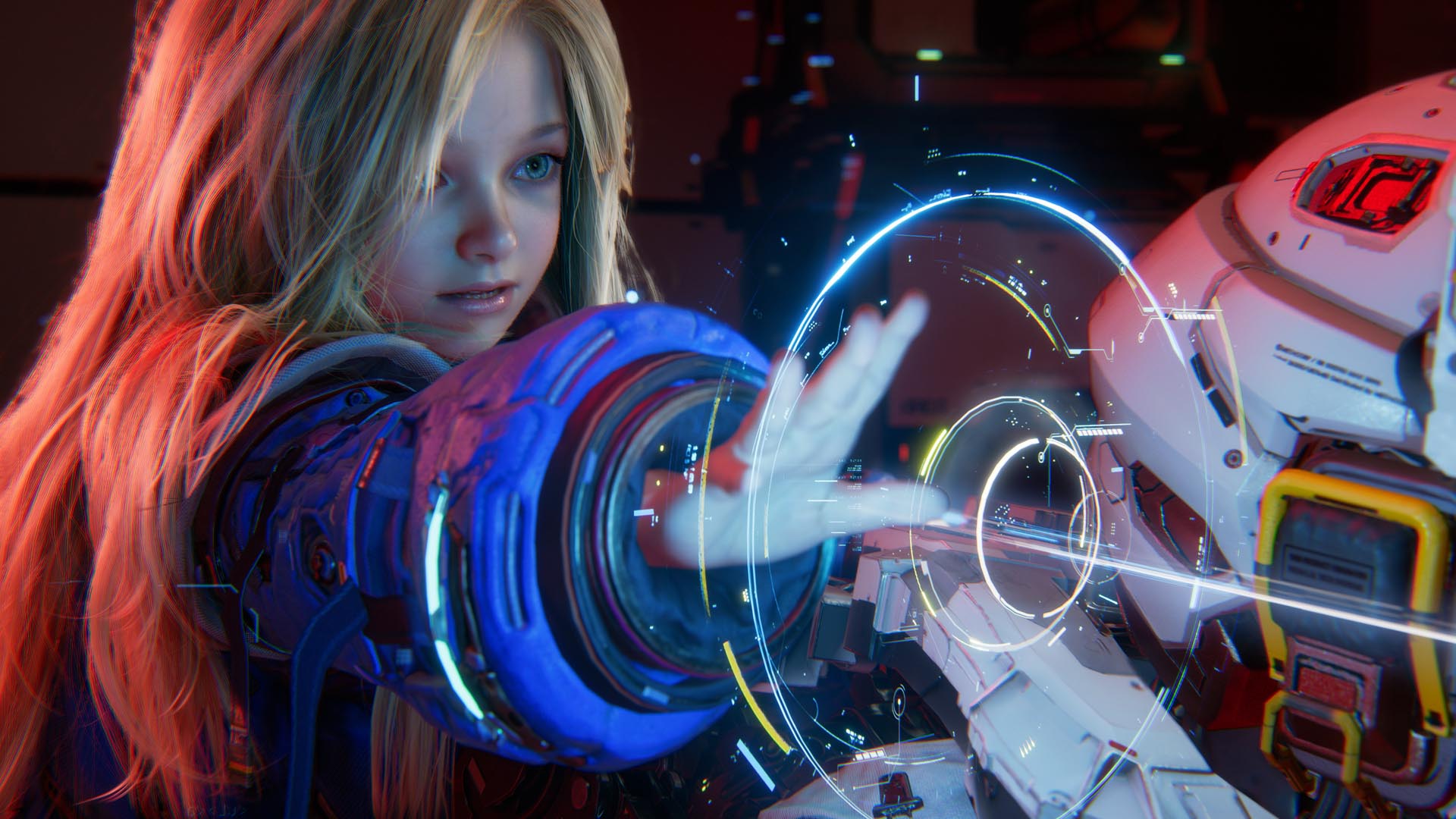





































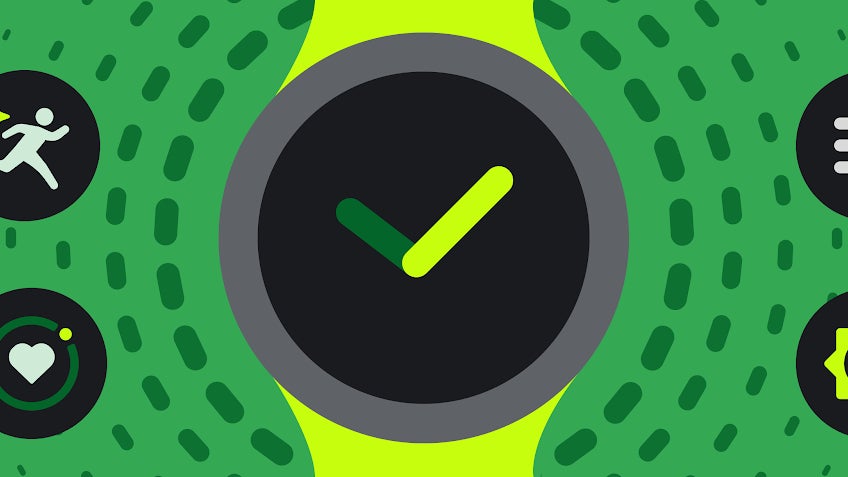












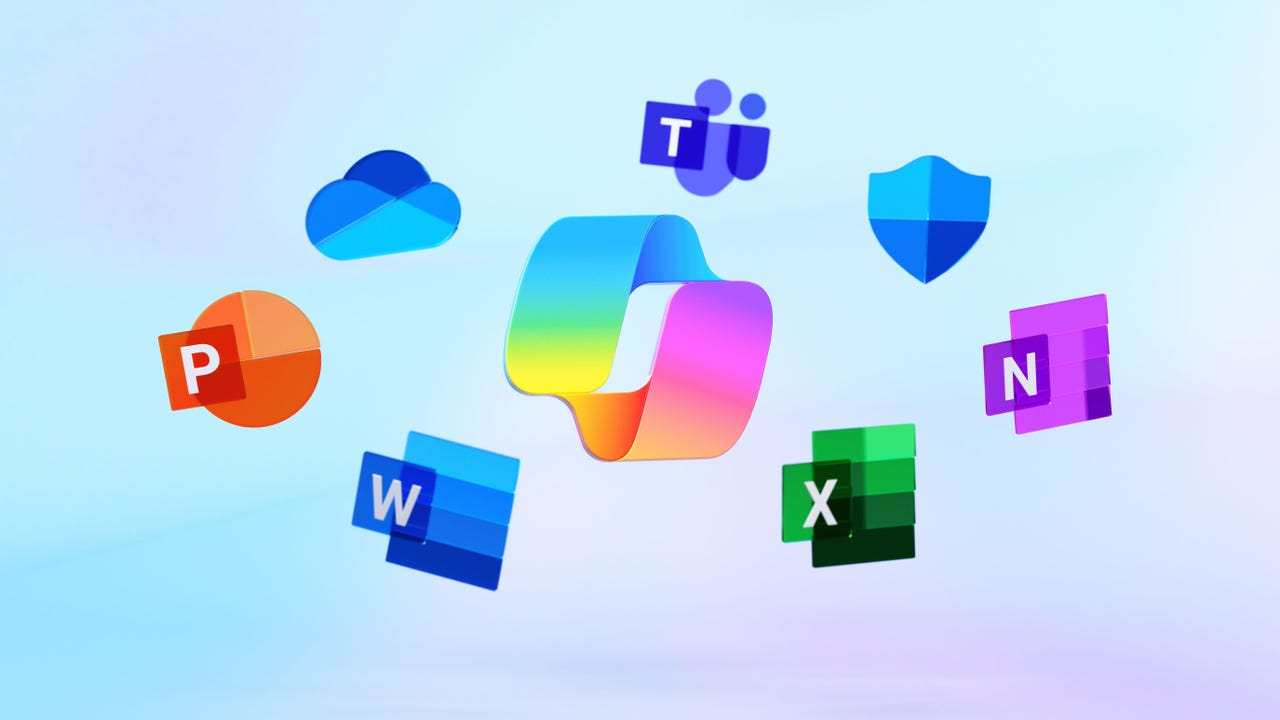
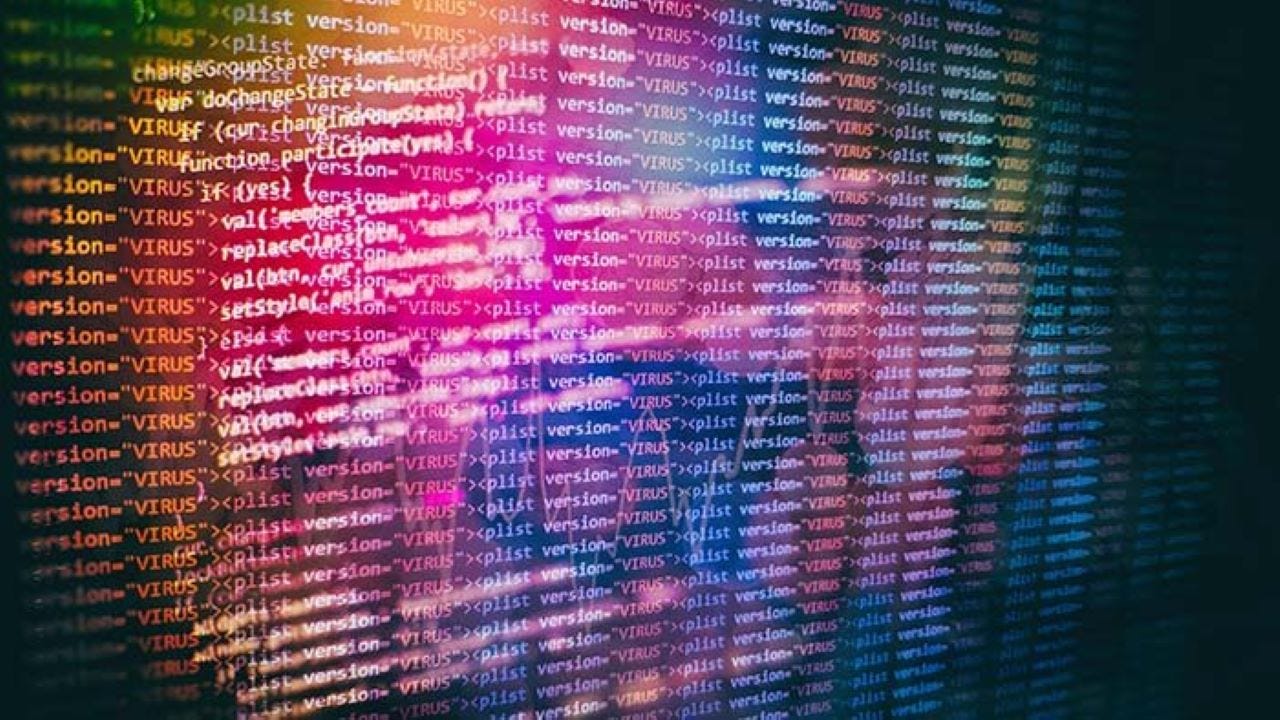



















































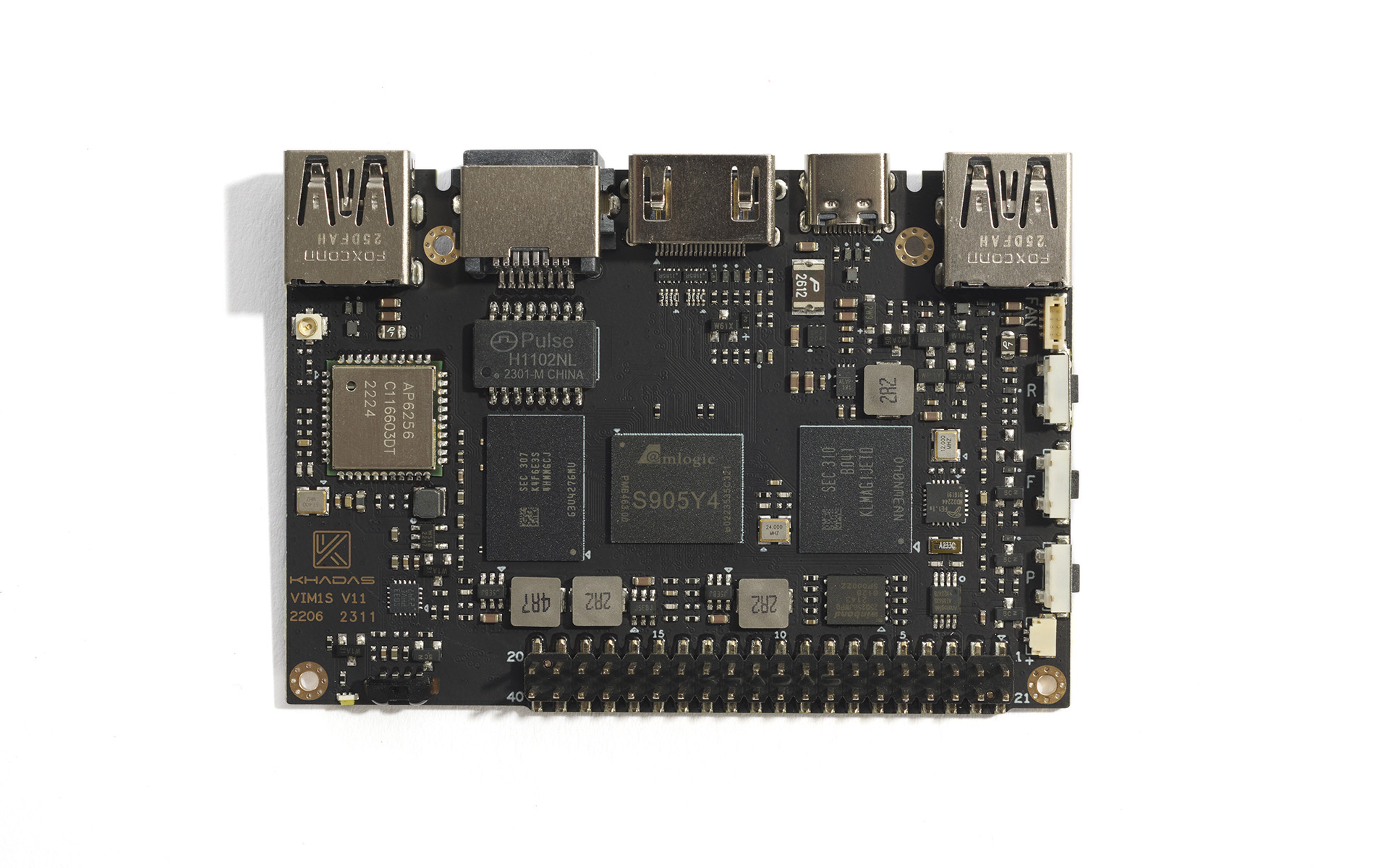




















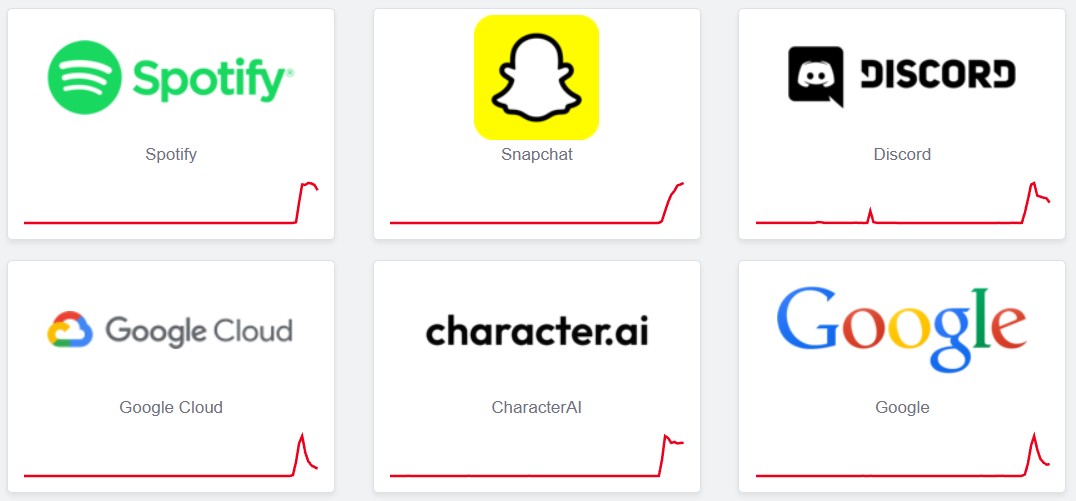




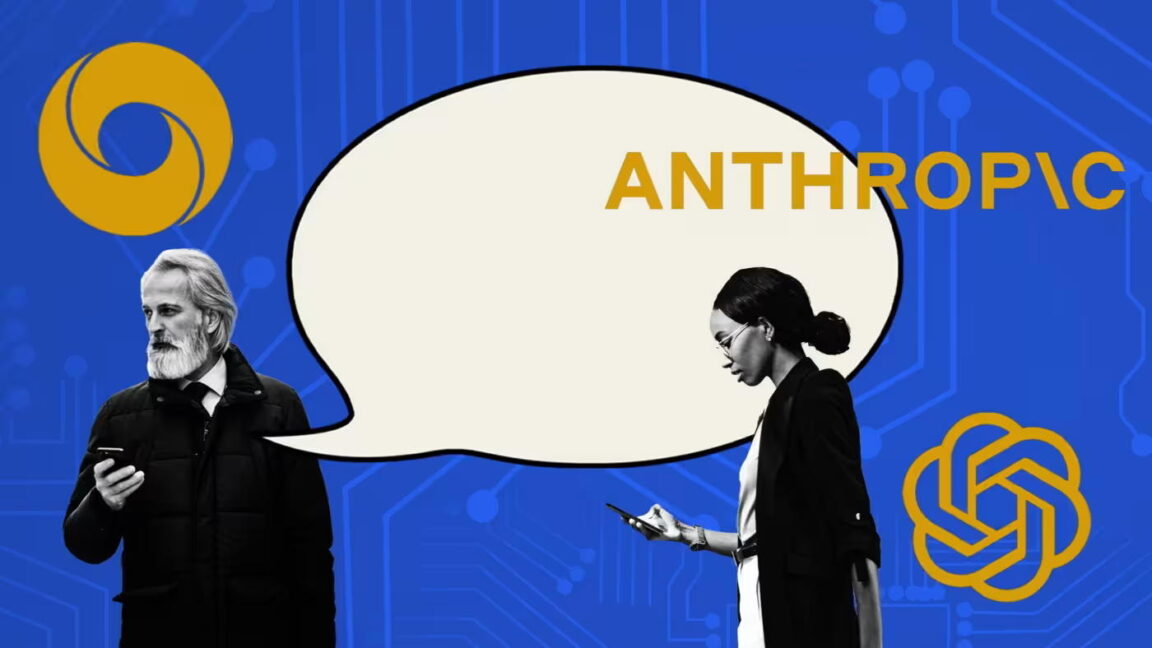


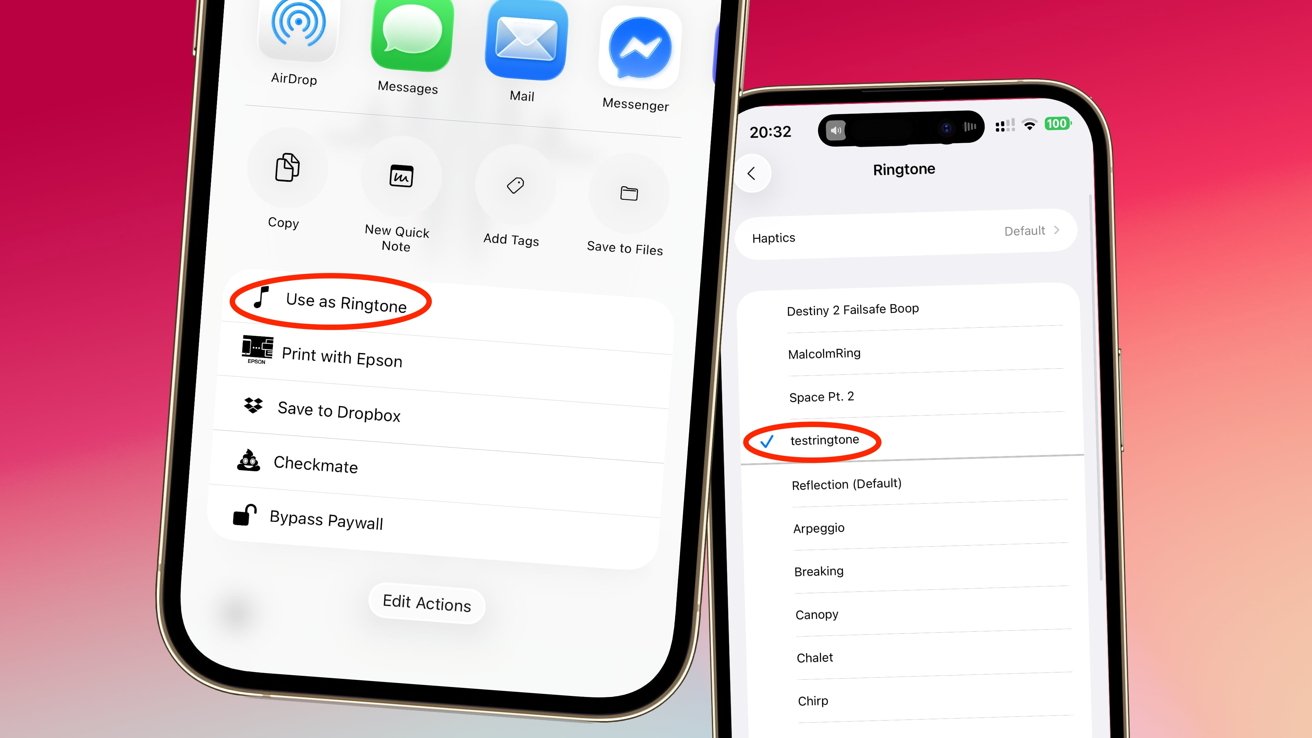
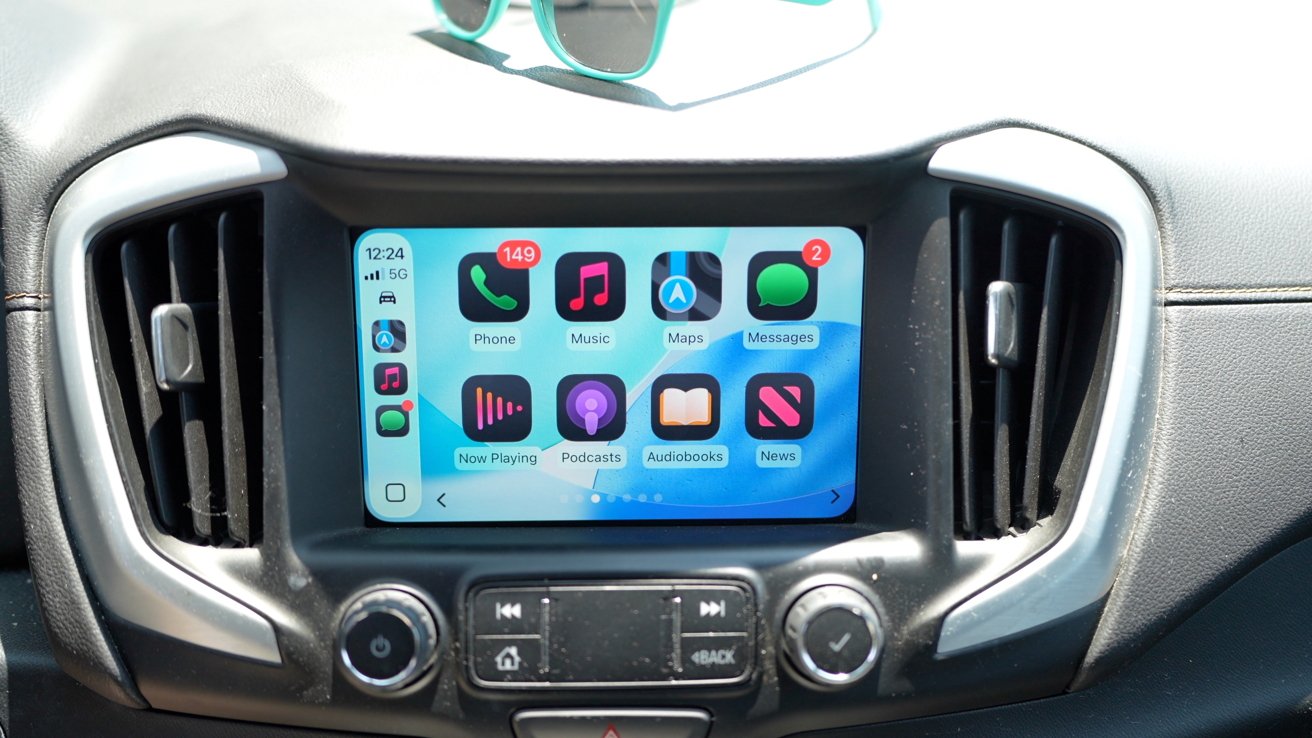
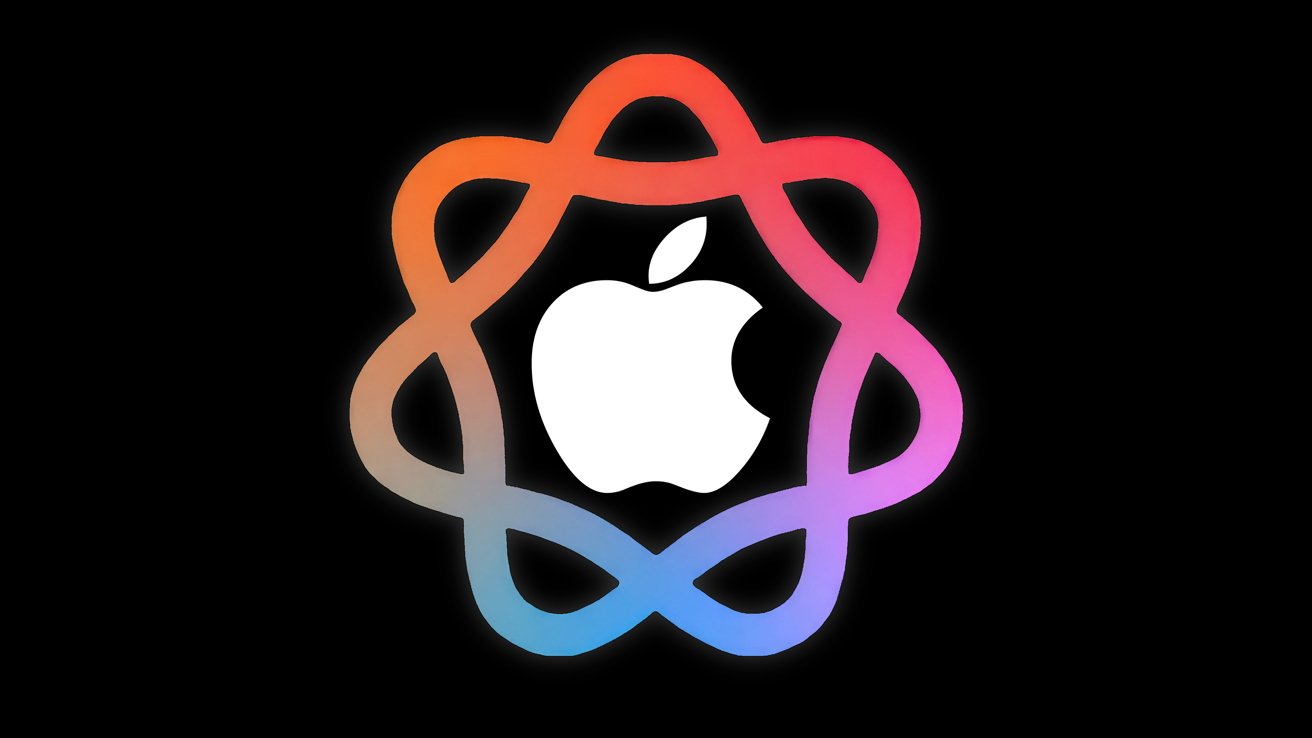





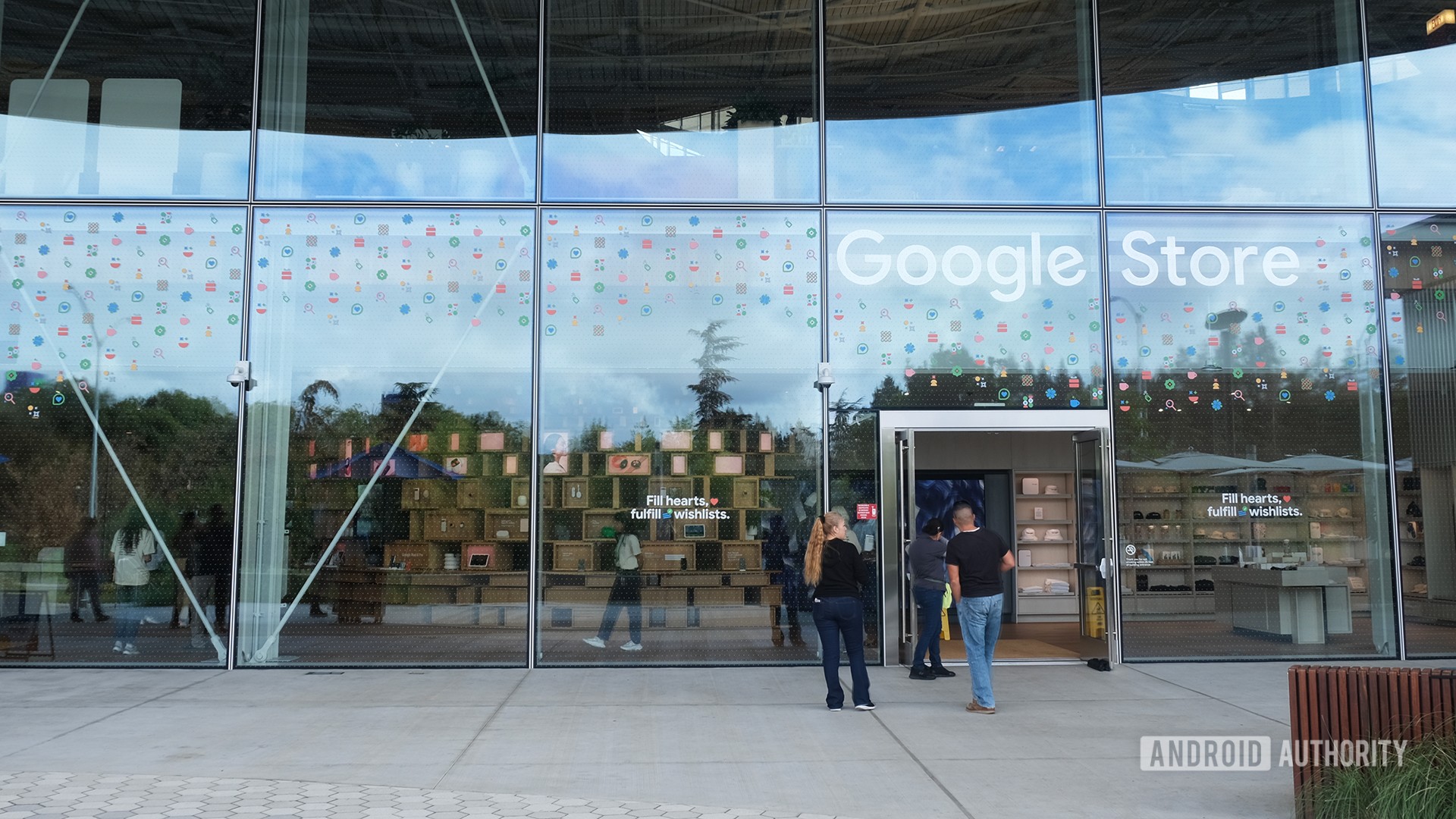

![PSA: Widespread internet outage affects Spotify, Google, Discord, Cloudflare, more [U: Fixed]](https://i0.wp.com/9to5mac.com/wp-content/uploads/sites/6/2024/07/iCloud-Private-Relay-outage-resolved.jpg?resize=1200%2C628&quality=82&strip=all&ssl=1)

















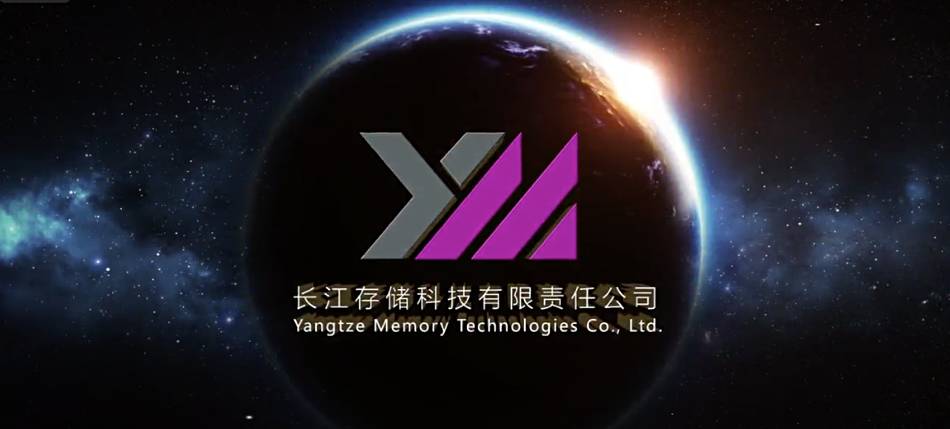



![Apple Shares Teaser Trailer for 'The Lost Bus' Starring Matthew McConaughey [Video]](https://www.iclarified.com/images/news/97582/97582/97582-640.jpg)

















